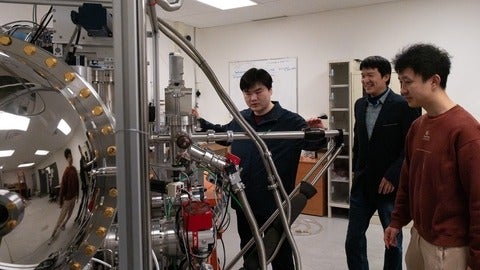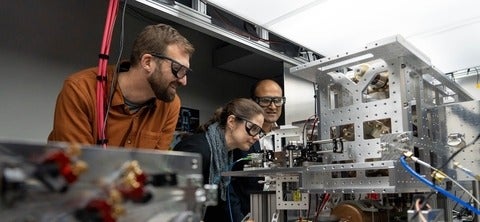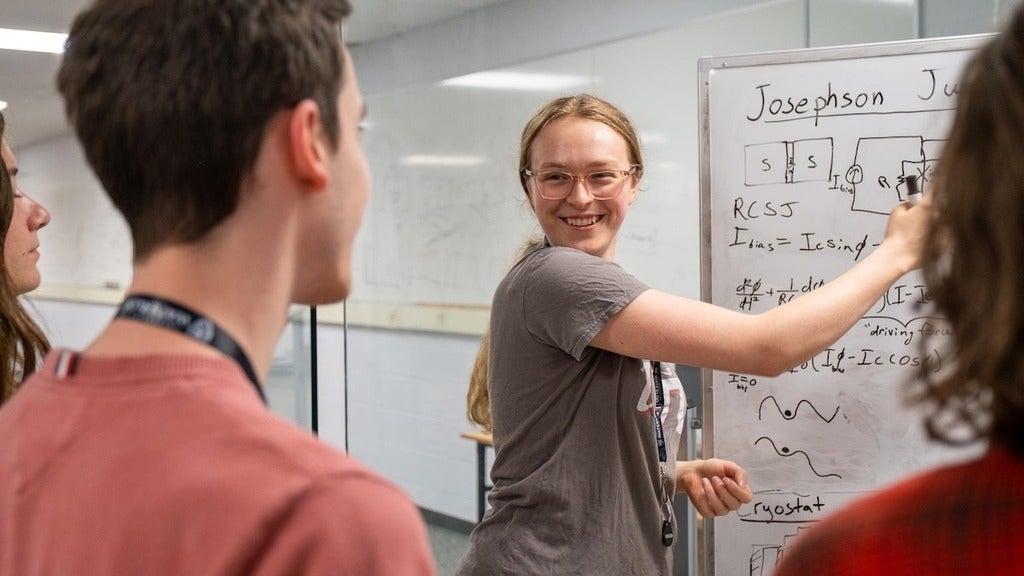IQC appoints Dr. John Watrous in new director role set to expand the institute's educational programs
The Institute for Quantum Computing (IQC) has appointed Dr. John Watrous, former IQC faculty member and interim executive director, in a new director role set to expand the institute's educational programs.









